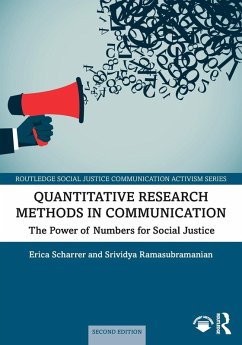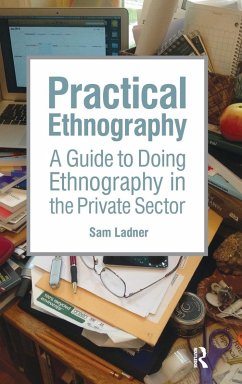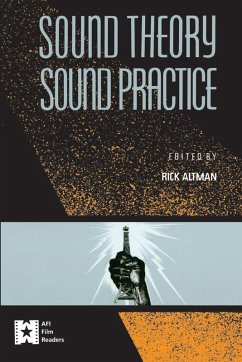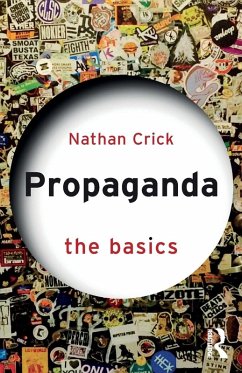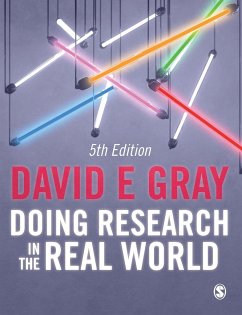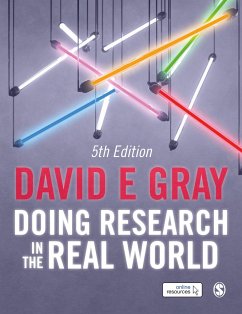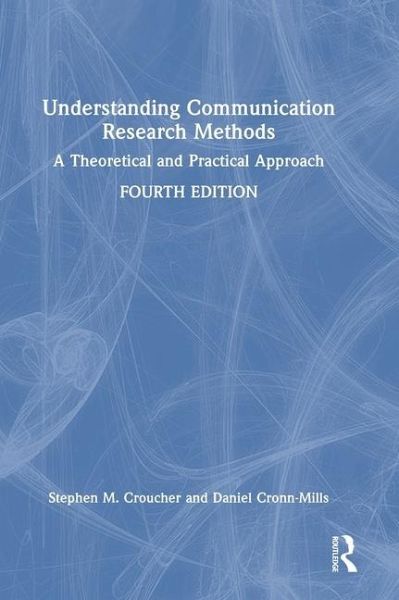
Understanding Communication Research Methods
A Theoretical and Practical Approach
Versandkostenfrei!
Versandfertig in 6-10 Tagen
184,99 €
inkl. MwSt.
Weitere Ausgaben:

PAYBACK Punkte
92 °P sammeln!
Using an engaging how-to approach that draws from scholarship, real life, and popular culture, this textbook, now in its fourth edition, offers students practical reasons why they should care about research methods and offers a practical guide for conducting research.Explaining quantitative, qualitative, critical, and performance research methods, this new edition helps students better grasp the theoretical and applied uses of method by clearly illustrating practical applications. The book features all the main research traditions in communication, including applications of the methods through...
Using an engaging how-to approach that draws from scholarship, real life, and popular culture, this textbook, now in its fourth edition, offers students practical reasons why they should care about research methods and offers a practical guide for conducting research.
Explaining quantitative, qualitative, critical, and performance research methods, this new edition helps students better grasp the theoretical and applied uses of method by clearly illustrating practical applications. The book features all the main research traditions in communication, including applications of the methods through effective examples and exercises, and sample student papers that demonstrate research methods in action.
This textbook is perfect for beginning and advanced scholars using critical, cultural, interpretive, qualitative, quantitative, rhetorical, and performance research methods.
Additional resources for students and instructors can be found on the eResource at www.routledge.com/9781032557380, which includes links, videos, outlines, activities, recommended readings, test questions, and more.
Explaining quantitative, qualitative, critical, and performance research methods, this new edition helps students better grasp the theoretical and applied uses of method by clearly illustrating practical applications. The book features all the main research traditions in communication, including applications of the methods through effective examples and exercises, and sample student papers that demonstrate research methods in action.
This textbook is perfect for beginning and advanced scholars using critical, cultural, interpretive, qualitative, quantitative, rhetorical, and performance research methods.
Additional resources for students and instructors can be found on the eResource at www.routledge.com/9781032557380, which includes links, videos, outlines, activities, recommended readings, test questions, and more.





